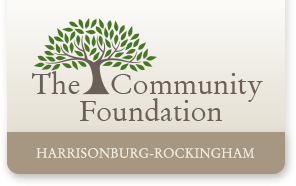Generational giving through retirement plans, life insurance, and meaningful bequests
Generational giving through retirement plans, life insurance, and meaningful bequests
August is national Make a Will Month. You’ve likely already worked with your advisors to establish an estate plan, including a will and even a trust. Still, this is a good time of year to review your plan in case things have changed.

In particular, bequests of qualified retirement plans can be extremely tax-efficient. This is because charitable organizations such as The Community Foundation are tax-exempt. This means the funds flowing directly to your fund at The Community Foundation from a retirement plan after your death will not be reduced by income tax. This also means the assets will not be subject to estate tax.
Don’t overlook life insurance, either. Not only are you able to designate a fund at The Community Foundation as the beneficiary of a life insurance policy, but in some cases you also may elect to transfer actual ownership of certain types of policies. For example, if you were to make an irrevocable assignment of an eligible whole life policy to your fund at The Community Foundation, a tax-deductible gift of the cash value of the policy occurs at the time of the transfer. A gift like this could potentially ease your income tax burden, especially if the Foundation continues to own the policy and you make annual tax deductible gifts to cover the premiums.
The Community Foundation makes it easy for you to work with your advisor to draft bequest terms in legal documents, including beneficiary designations of retirement plans and life insurance policies. Please ask your advisor to contact our team for the exact language that will ensure alignment with your intentions. In many cases, anytime during your lifetime, you may even update the terms of a fund at The Community Foundation that you’ve designated to receive a bequest upon your death.
Learn more at www.tcfhr.org, email Revlan at [email protected], or give us a call at 540-432-3863.




